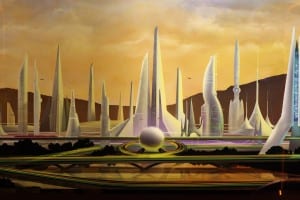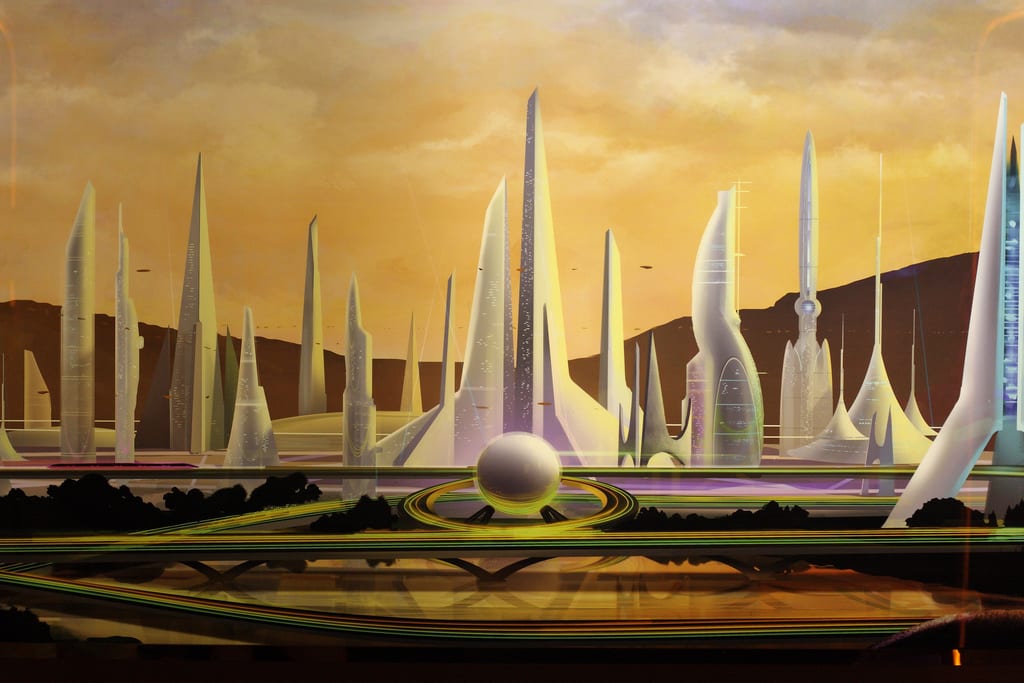 Some would argue that nowadays you can create a profession simply by adding the suffix ‘ology’ to the end of a word. Although this is true in some cases, here at Future Magazine, we believe in an ‘ology’ that is quickly becoming one of the most essential areas of expertise in modern life. And no, it’s not another religion either.
Some would argue that nowadays you can create a profession simply by adding the suffix ‘ology’ to the end of a word. Although this is true in some cases, here at Future Magazine, we believe in an ‘ology’ that is quickly becoming one of the most essential areas of expertise in modern life. And no, it’s not another religion either.
Futurology at a glance is exactly what it says on the tin, a study of the future. However, it‘s not quite that simple. The term was first coined in 1946 by British writer Aldous Huxley and the Oxford English Dictionary defines it as: “The forecasting of the future on a systematic basis, especially by the study of present day trends in human affairs.”
There are varying degrees of futurology. To predict the future entirely would be a near impossible task, so many futurologists specialise within a particular time frame of years and then specialise further into a niche topic such as technology or economics.
Ian Pearson has been a futurologist since 1991 and has an accuracy rating of 85% at the 10 year horizon; “It’s by no means a uniform set of skills, I do a lot of technology based stuff and so a lot of science and technology research goes into it, but if you’re in political or social futurology, then there’s a whole different set of skills required to do that.”
Ian uses his extensive engineering background, a variety of texts and interpretations of other predictions in order to conduct his research. He has built up his accuracy rating through years of practice and can now draw from his experience to aid his predictions.
However, not all futurologists have the same outlook on their profession.
Author and futurologist Richard Watson has worked with industry giants such as Coca cola and McDonalds assisting them with market strategies and business forecasting through the use of scenario predictions.
“It’s an art not a science, it’s very intuitive. You can to some extent lay science on it but there are so many other factors to consider…I like to use predictions to cause debate; some of the more outlandish claims can sometimes create fantastic discussion points.”
Richard uses a lot of the same techniques as Ian; however, because of the nature of the business world, he only works up to 5 years in the future.
“Once you get much further out than 3-5 years you start to lose interest from big corporations, so it’s better to look at current factual trends that may be affected in that timescale.”
Futurology can be applied as a useful tool across most industries, and so it should be. Although not considered a science, it is definitely a skilled profession that takes a considerable amount of research and experience to master. There have been countless cases of accurate predictions made by futurologists that have helped steer us in the right direction into the future. With this in mind, it’s safe to say without the input from futurologists, the planet would be heading into the future with nothing more than blind faith and the likes of Mystic Meg.
By Adrian Burgess

Comments are closed.